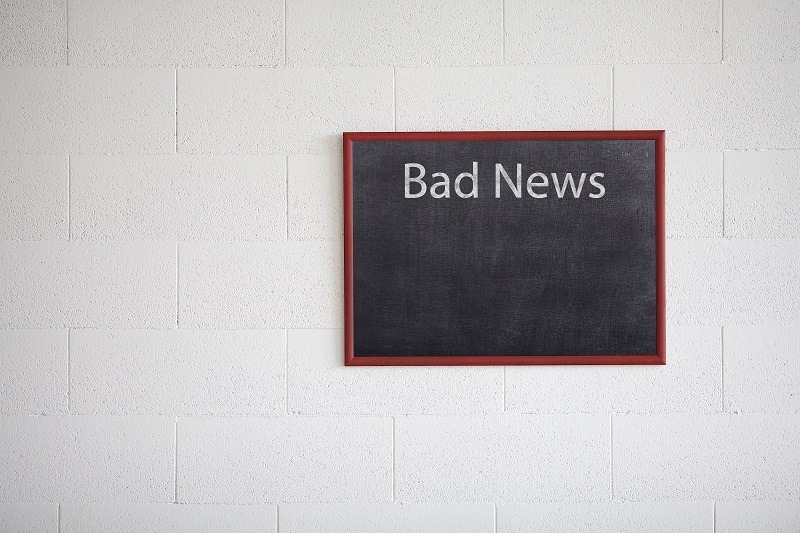
So many of us have experienced bad news at work. It’s bound to happen at some point, right? Sitting here today I can remember more than one layoff, company sale, significant process or system change, firing…the list goes on. Interestingly, the only negative memories I have come from bad news that was not addressed by leadership openly, honestly and early.
I certainly understand the tendency to keep bad news under wraps. When my stepson was young, my husband and I would hide the bad news from him until the last possible moment. We cared so much that we wanted to shelter him. After all, he had already been through so much: a divorce and new step parents. But we noticed early on that it was so much worse when we didn’t share bad news in the moment, or when he learned the news from someone else. He became quiet, unproductive and frustrated. We learned that he needed time to let the news soak in and talk through his concerns.
The more open we became, the less drama we all faced and the more patient he was with us during transitions. More importantly, he got to celebrate the good news that came with the bad!
When I was a young manager, I had that same fear of telling people about difficult changes. I thought for sure everyone would stop working to complain or gossip. It took me only a couple of times to realize that good communication can stop the gossip altogether! I also became more comfortable with letting people feel uncomfortable. Discomfort is a catalyst for change.
Besides, there is nearly always good news with the bad. A new system to learn means efficiencies. A reorganization improves the bottom line. When a new leader is hired, there is innovation. You get the idea. People may not like change, but they really like growth!
Here are a few things to think about when it’s time to share bad news with your organization.
- Your team is capable of understanding. Armed with knowledge, your team is more likely support the change than resist it.
- Well-informed people make better decisions. OK, we know that well-informed people don’t always make good decisions, but good decisions almost always start with well-informed people.
- Credibility builds trust. Leaders who have gained their employees’ trust are more likely to have an engaged and motivated workforce.
- Accurate information stops rumors in their tracks. Even if you don’t have all the answers yet, sharing news sooner than later minimizes misinformation and distraction.
- It is the right thing to do. For so many people, change is unbearable. Give them time and enough information to adjust and prepare for what lies ahead.



